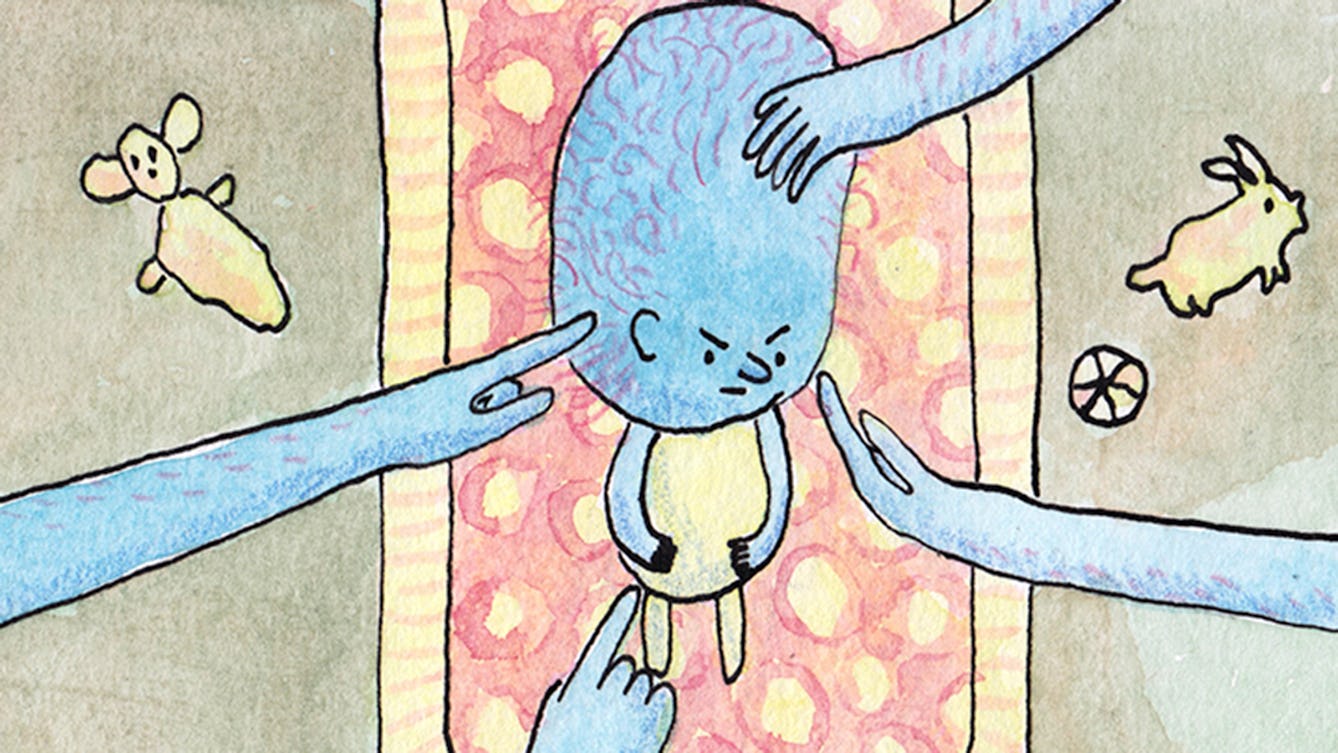
- Comic
- Comic
Infant
Sniffing, touching, poking, prodding. What if adults were treated like babies?
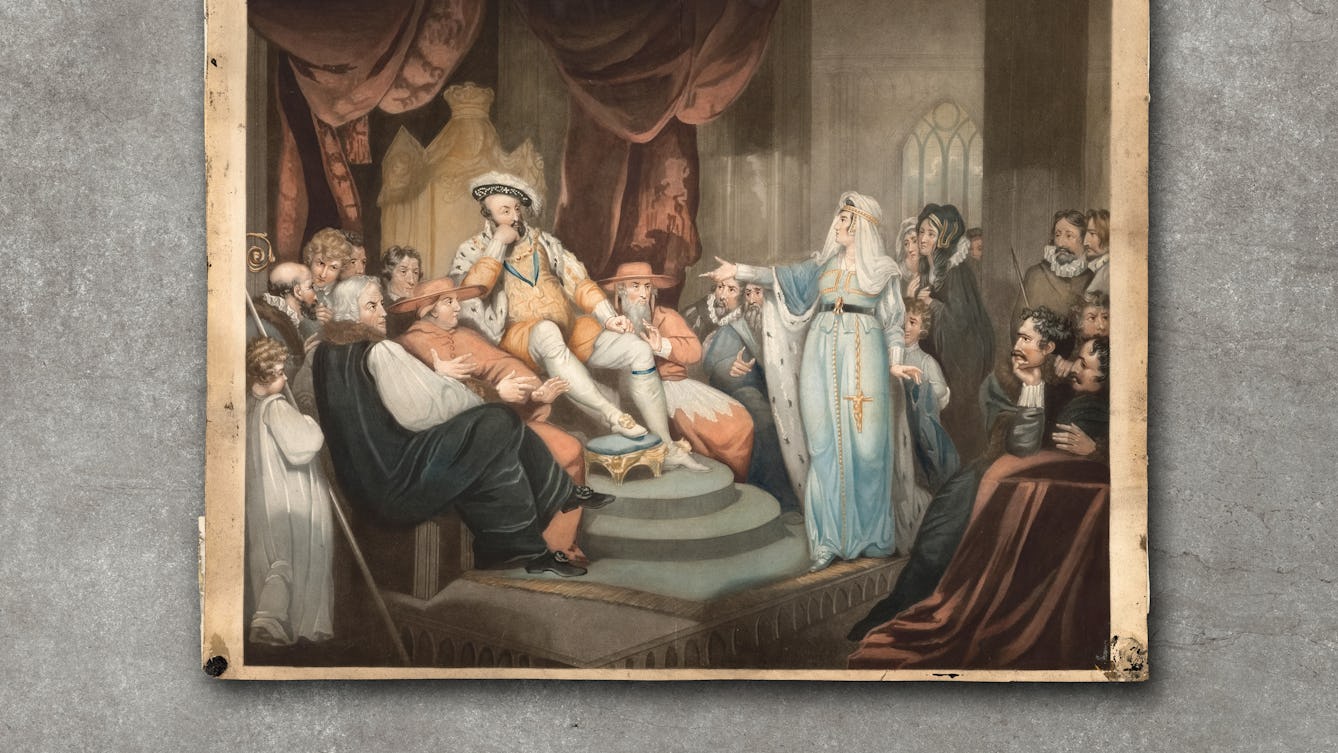
- In pictures
- In pictures
Fraught fertility and making royal babies
Producing a male heir has been seen for centuries as a queen’s most important role. Here Estelle Paranque explores the lives of four queens whose route to royal motherhood was far from smooth.

- Article
- Article
A history of gestation outside the body
It’s been over 400 years since a Swiss alchemist theorised that foetuses could develop outside the womb. Claire Horn examines incubator technology past and present, and explores the possibilities recent prototypes might bring.
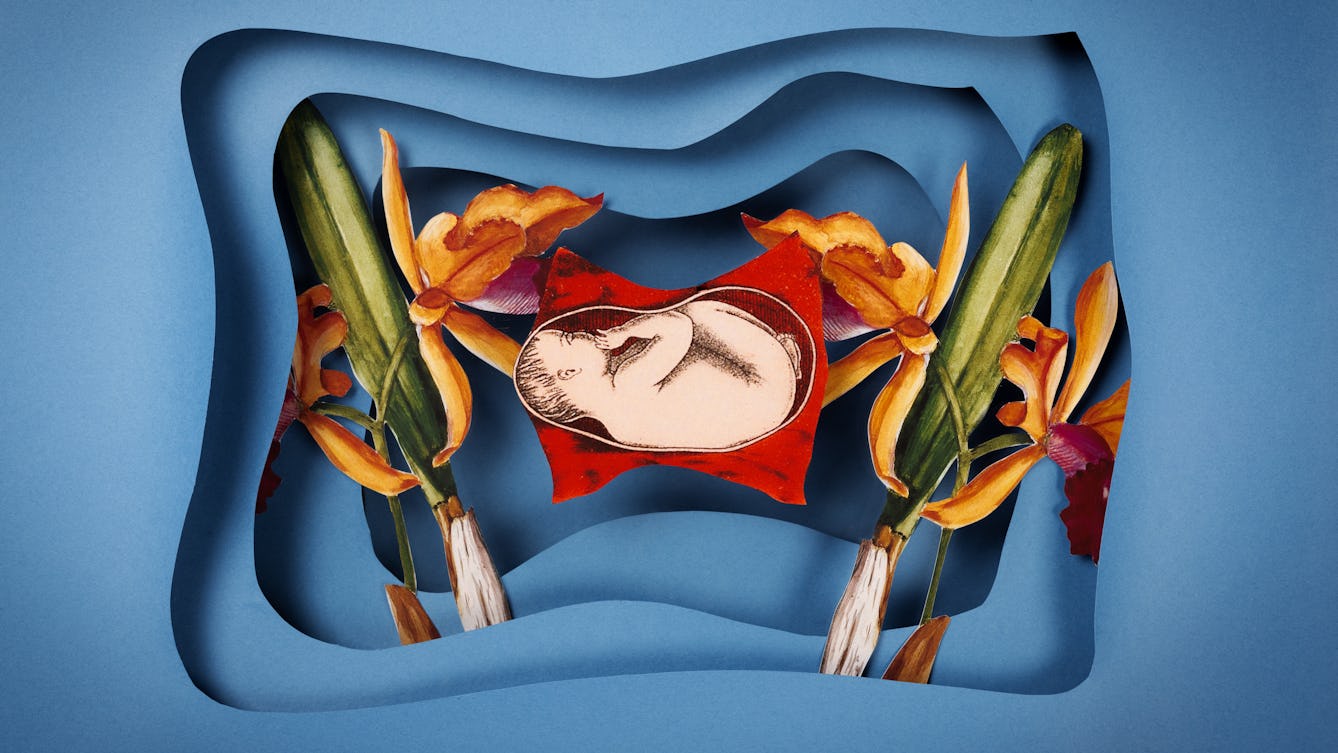
- Book extract
- Book extract
Of incubators, orchids and artificial wombs
In this extract from Claire Horn’s new book, ‘Eve: The Disobedient Future of Birth’, she traces the development of the artificial womb, soon to become a reality.

- Article
- Article
Do good mothers make good democracy?
To be psychologically fit for democracy, one distinguished paediatrician argued that you need a ‘good enough mother’ – and that we must acknowledge the bad side of our feelings.
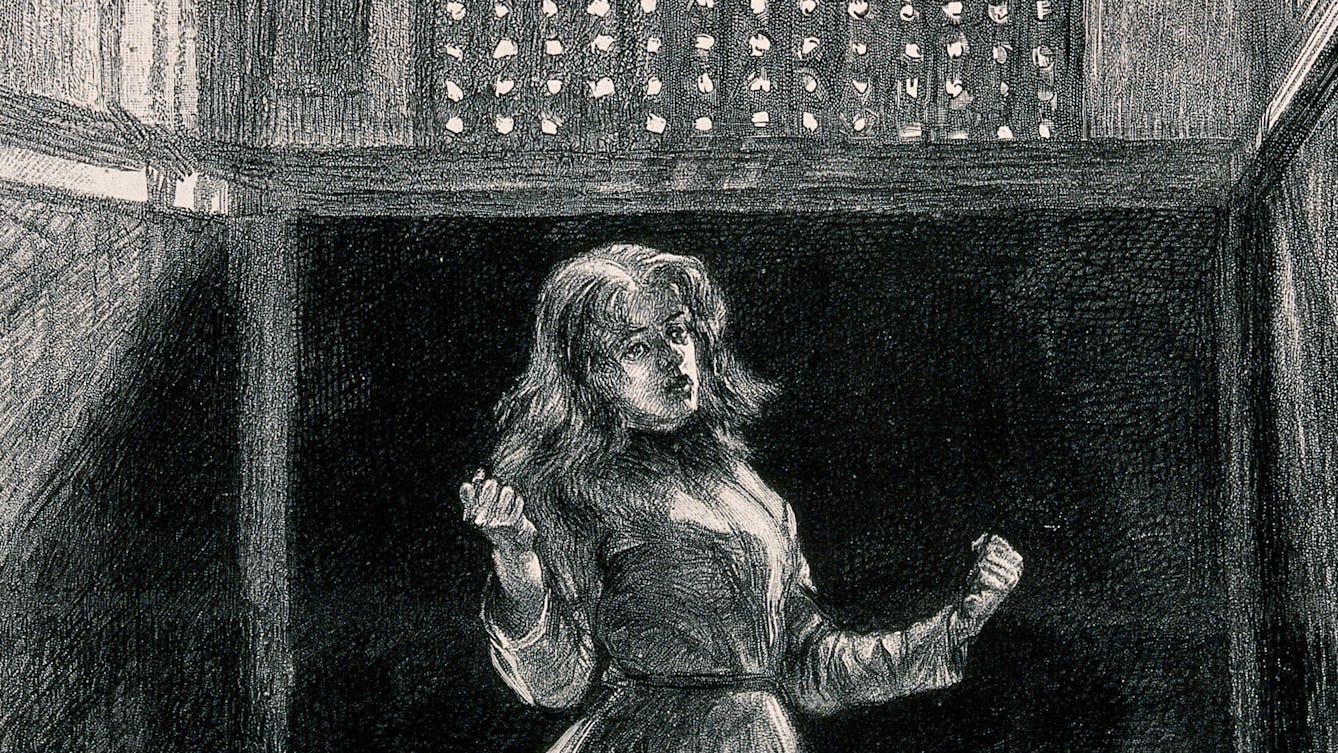
- Article
- Article
Disturbed minds and disruptive bodies
Prison officers tried to regulate women’s minds and bodies and maintain a new disciplinary routine in the second half of the 1800s.
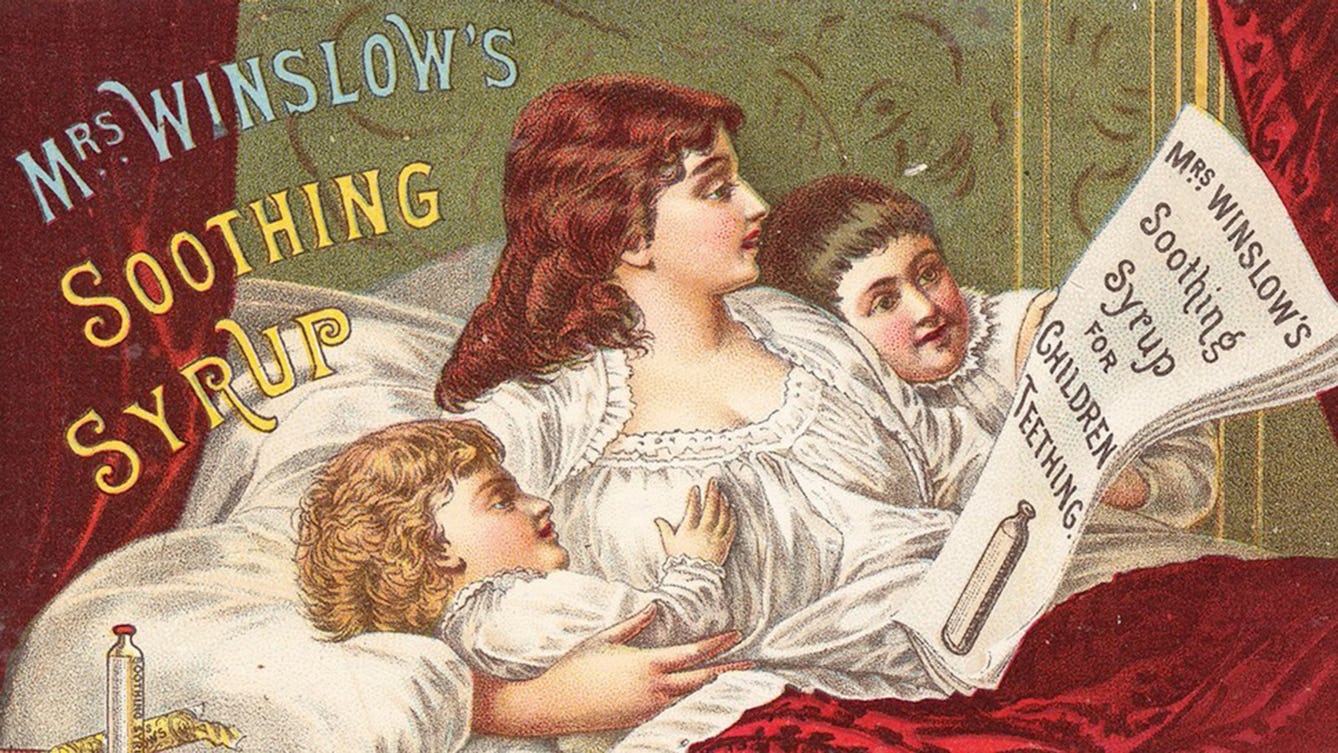
- Article
- Article
The poor child’s nurse
Charming family scenes in Victorian ads for children’s medicines were at odds with some of the dangerous ingredients they contained.
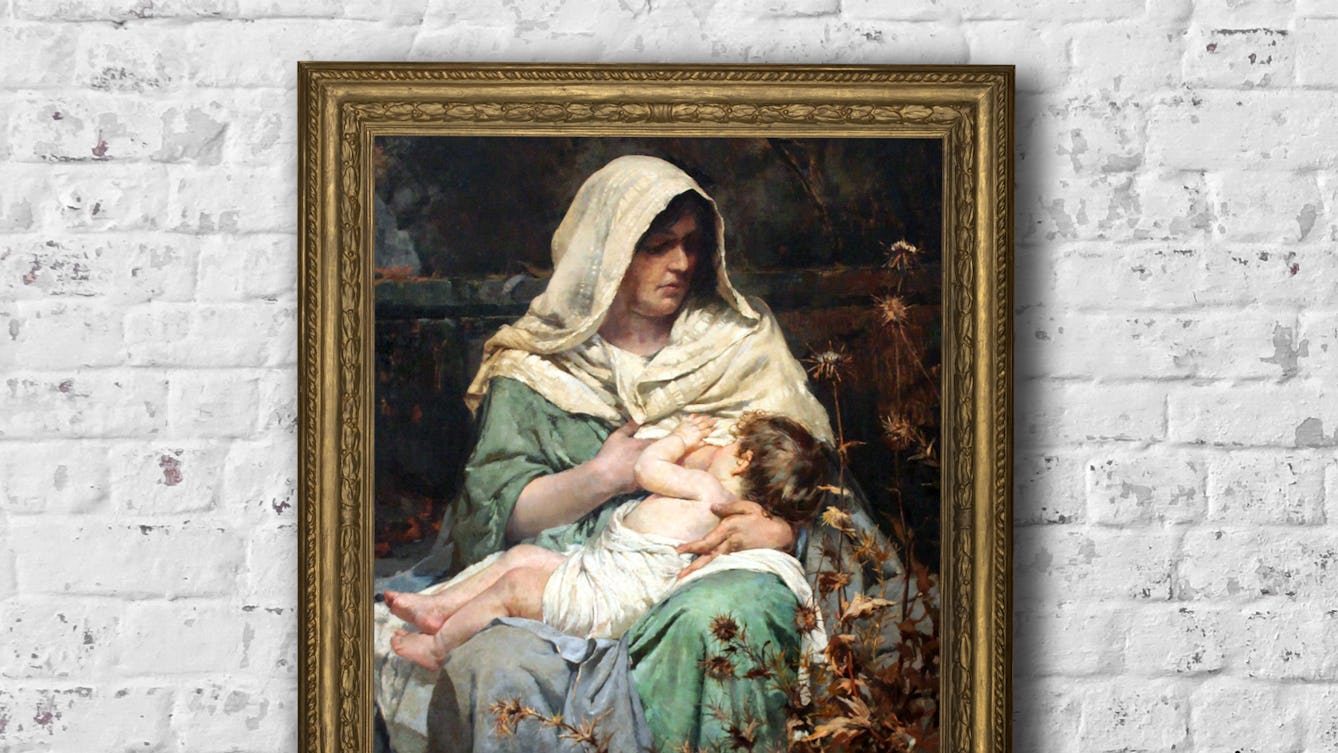
- Article
- Article
Are you still nursing?
Julia Martins might get the side-eye for breastfeeding a three-year-old in the UK but, as she explains, examples from history, as well as the cultural norms of Brazil, where she grew up, are firmly on the side of extended nursing.
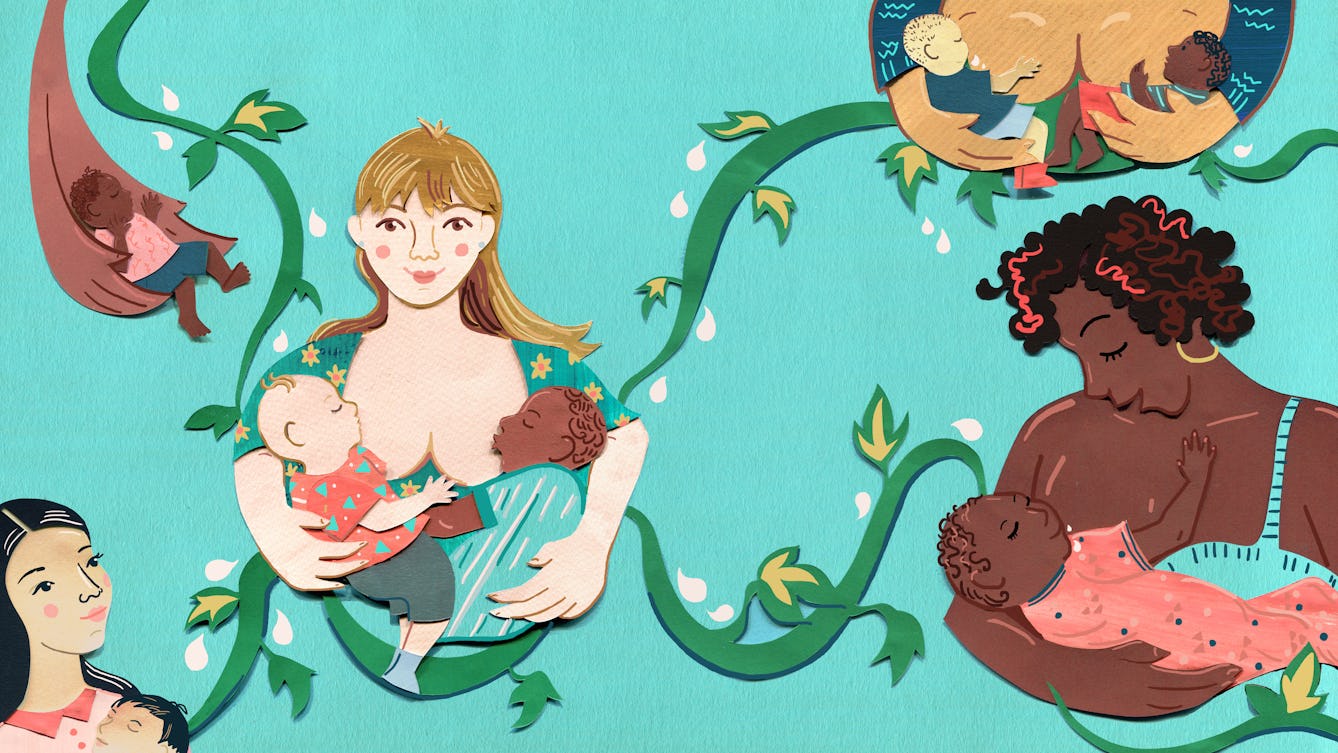
- Article
- Article
Communities of cross-feeders
A desire to help leads some women to “cross-feed” – breastfeed other parents’ babies for free. Alev Scott delves into the emotions behind this altruistic act.
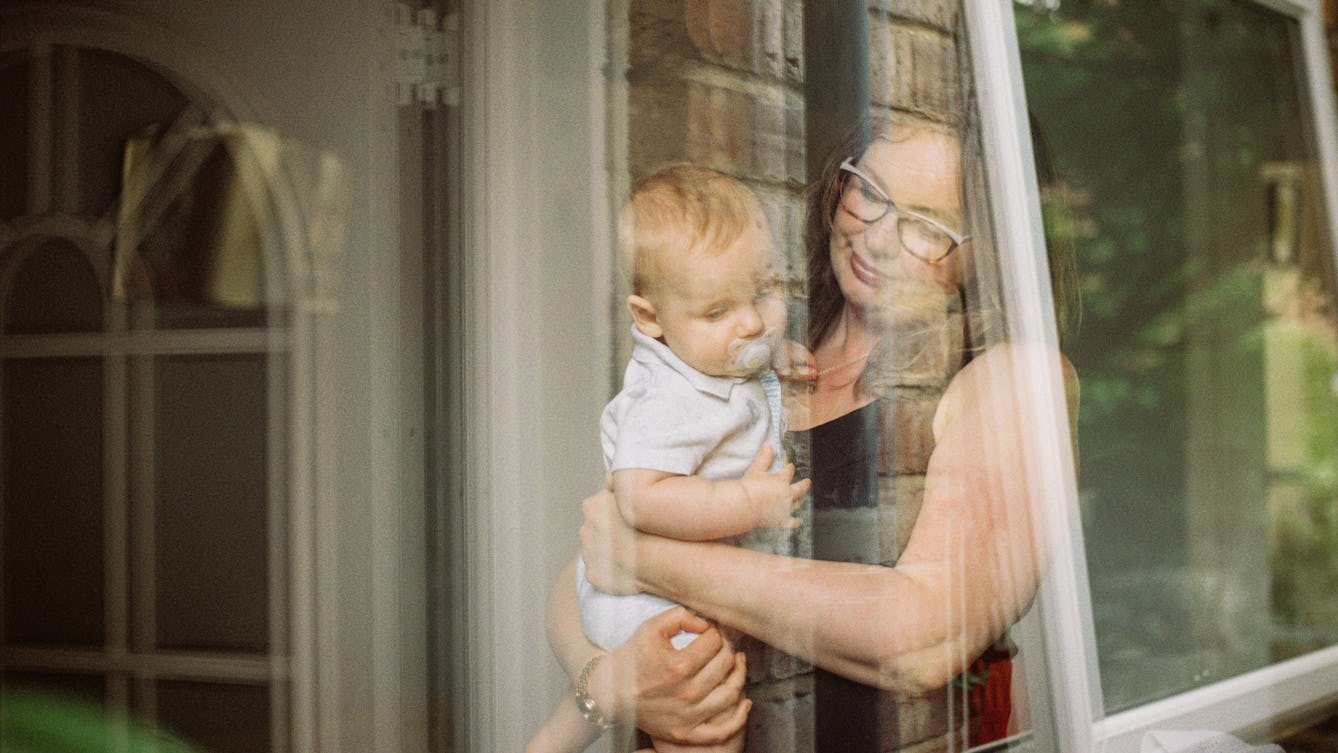
- Article
- Article
Birth, babies and boxes of memories
With memories of her baby in neonatal intensive care still fresh, Erin Beeston decides to unearth the poignant objects her family kept following births, going back as far as Victorian times.

- Article
- Article
Eugenics and the welfare state
Indy Bhullar explores the ideas of William Beveridge and Richard Titmuss, who were strongly influenced by eugenic thinking, and yet championed the idea of the welfare state.
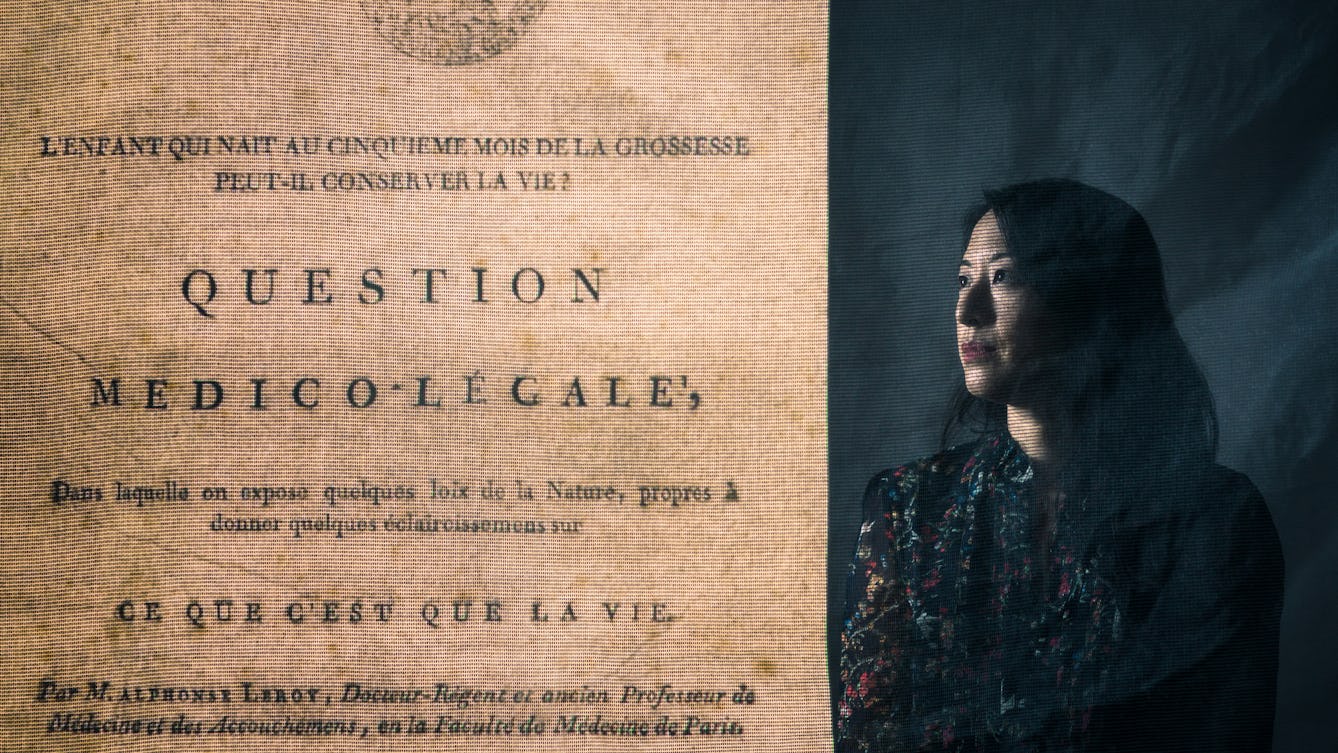
- Article
- Article
The conditional child
Deanna Fei asks what it means to sustain a life, drawing on her own experience of having a premature baby as well as an 18th-century essay.
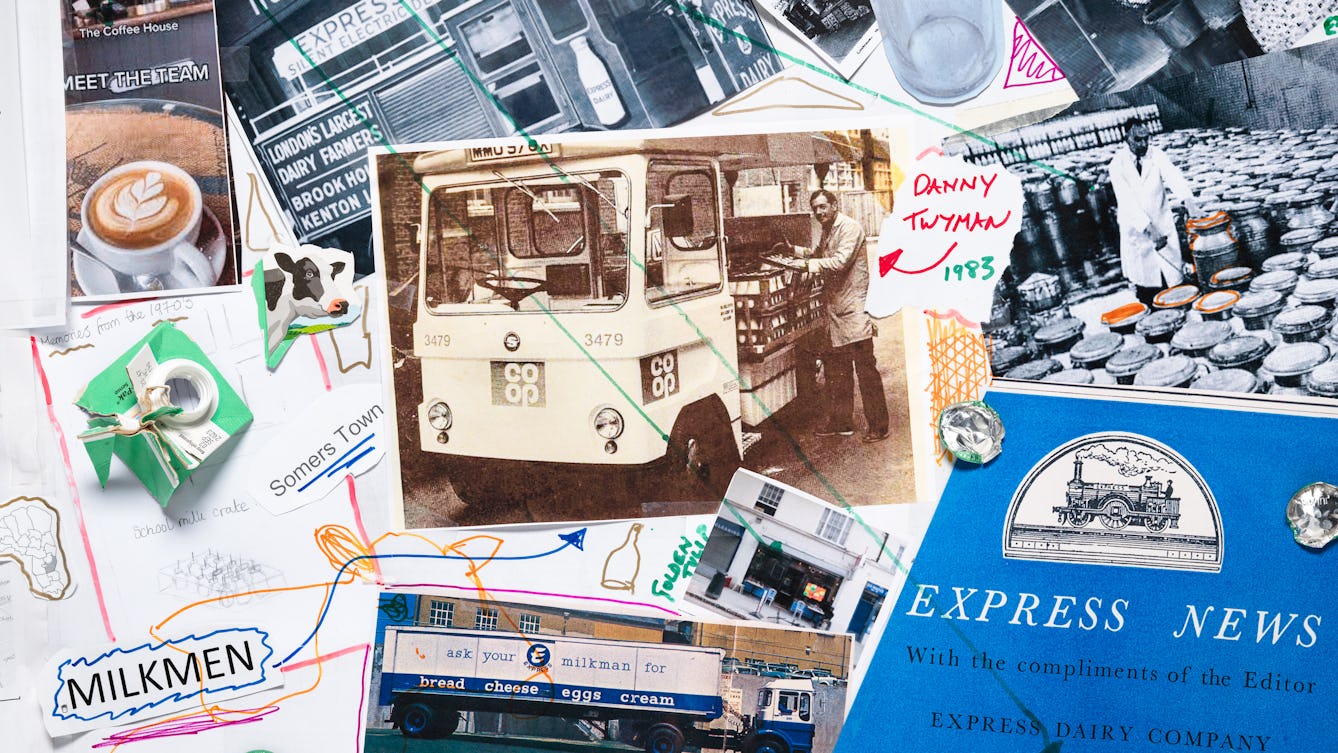
- Article
- Article
Milk trails round Euston
Where cows once grazed near Wellcome Collection in London, baristas now froth their milk. Esther Leslie uncovers Euston’s dairy-based urban history.
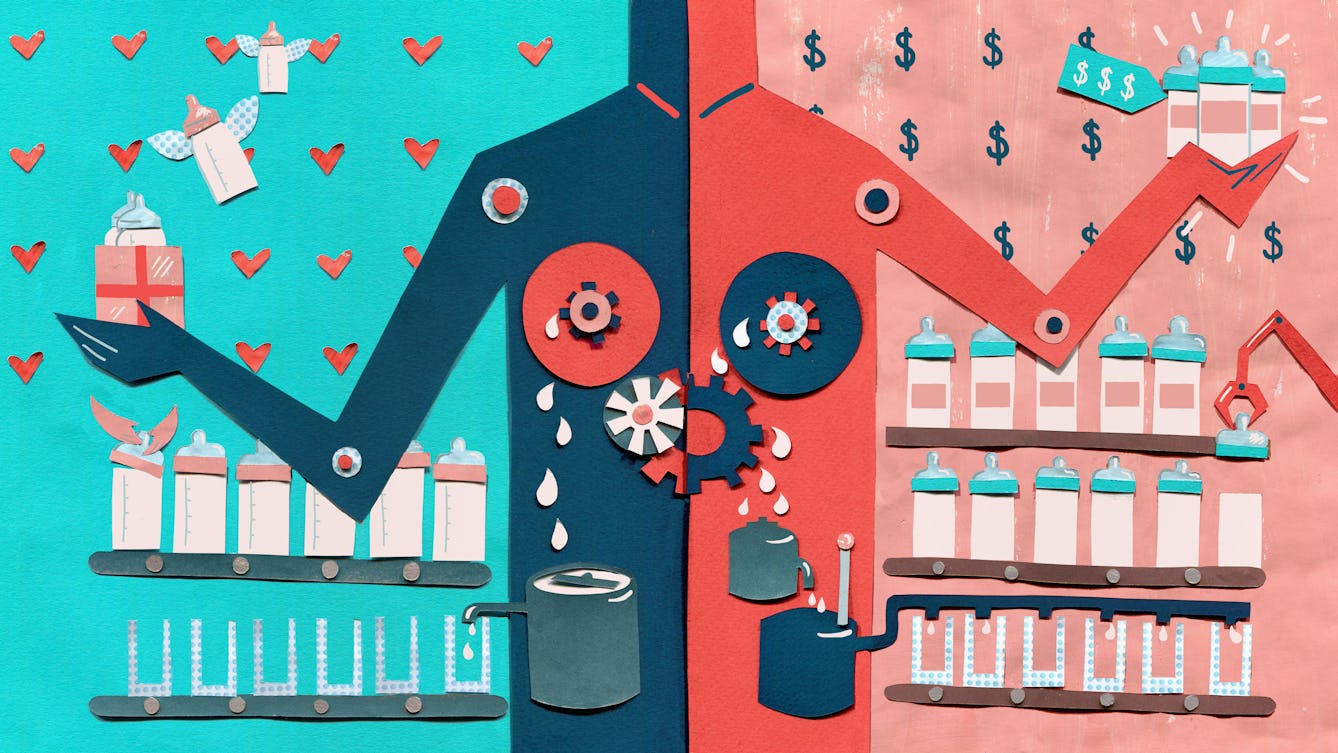
- Article
- Article
Sharing breastmilk with parents
Alev Scott donated her frozen breastmilk to a hospital milk bank, but she was curious about other routes. Here she explores commercial operations and informal private arrangements.
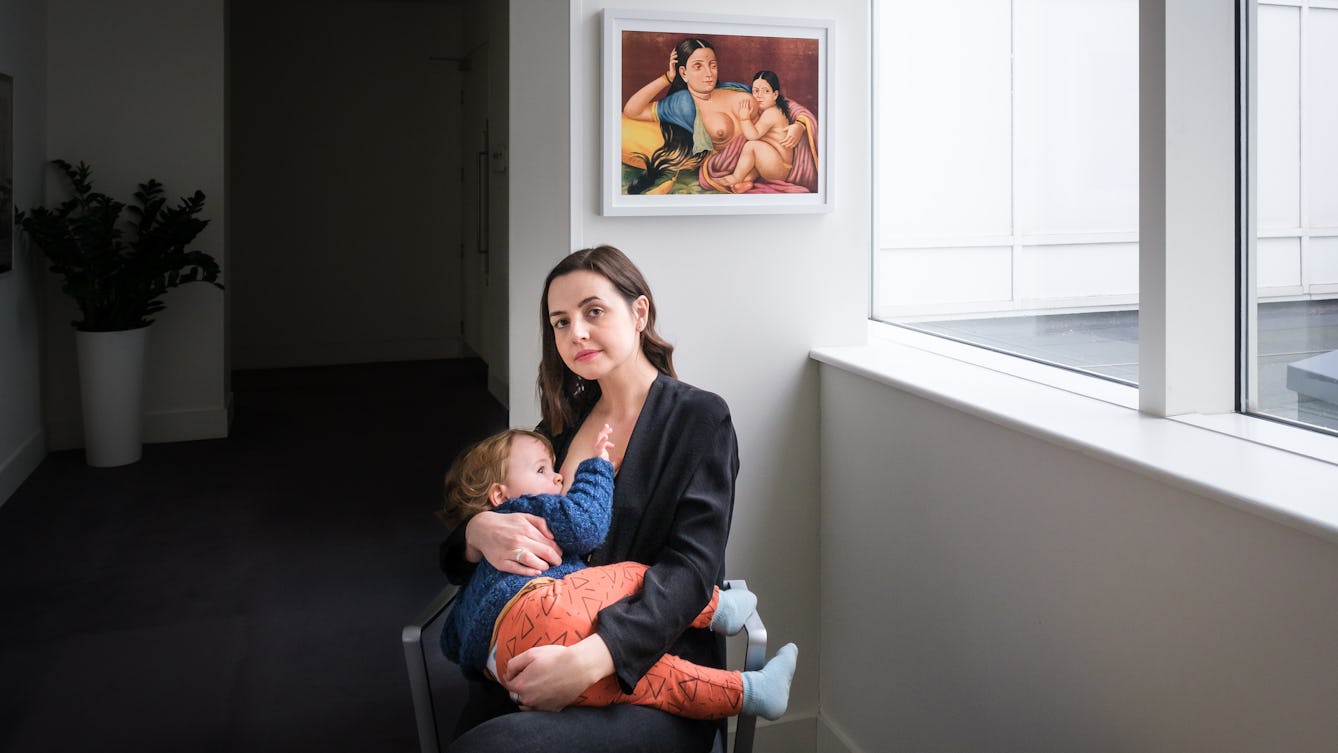
- Article
- Article
Confusion, guilt, and the battle to breastfeed
Most new mums are told that breast is best. But breastfeeding doesn’t always come as easily or naturally as you might imagine.
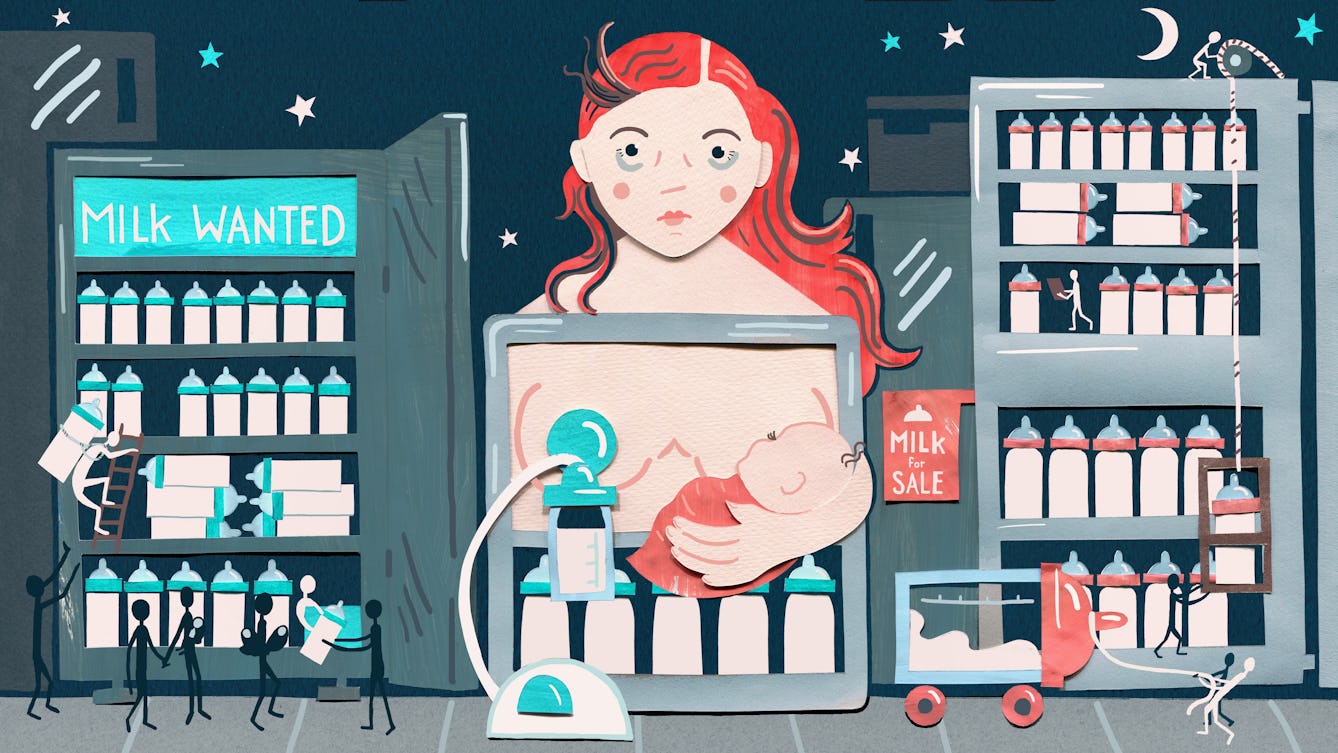
- Article
- Article
A freezer full of breastmilk
When new mum Alev Scott began pumping her milk between feeds, she soon found she was freezing more breastmilk than her baby would ever need. So Alev began to investigate ways to share her oversupply.

- Article
- Article
Western magic’s fascination with the foreigner
Could modern magic shows be perpetuating damaging cultural stereotypes? Shelley Saggar shows how ‘exotic’ costumes and imagery are far from harmless fun.

- Article
- Article
Dealing with the dead after a nuclear attack
Cold War-era predictions of death on a vast scale became routine. But the British authorities were less prepared to dispose of the bodies.

- Article
- Article
Paris Morgue and a public spectacle of death
Known as the “only free theatre in Paris”, La Morgue was a popular place for the public to view cadavers on display.
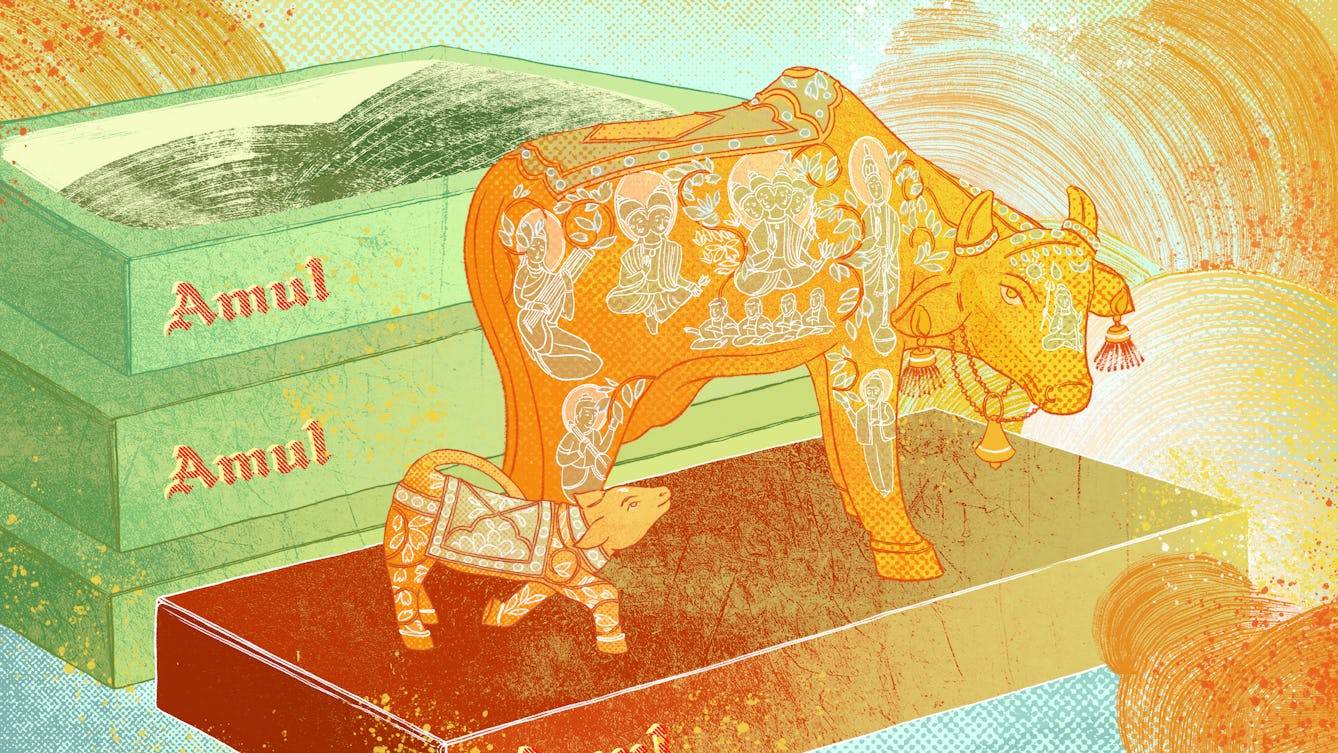
- Article
- Article
Sacred cows and nutritional purity in India
Apoorva Sripathi explores the complex reasons behind India’s recent boom in all things dairy – beginning with a 1970s Western food-aid programme.

- Article
- Article
When a private pee is a public disgrace
The free pee is getting rarer. And the lack of suitably equipped disabled toilets is condemning people to lives cloistered away in their own homes. Discover how toilet access for all is part of an equal society.

- Article
- Article
The work of wet-nursing
Many of us know that in the past, babies were sometimes nourished by wet-nurses. But, perhaps surprisingly, the practice continues today – and the milk recipients are not only babies.
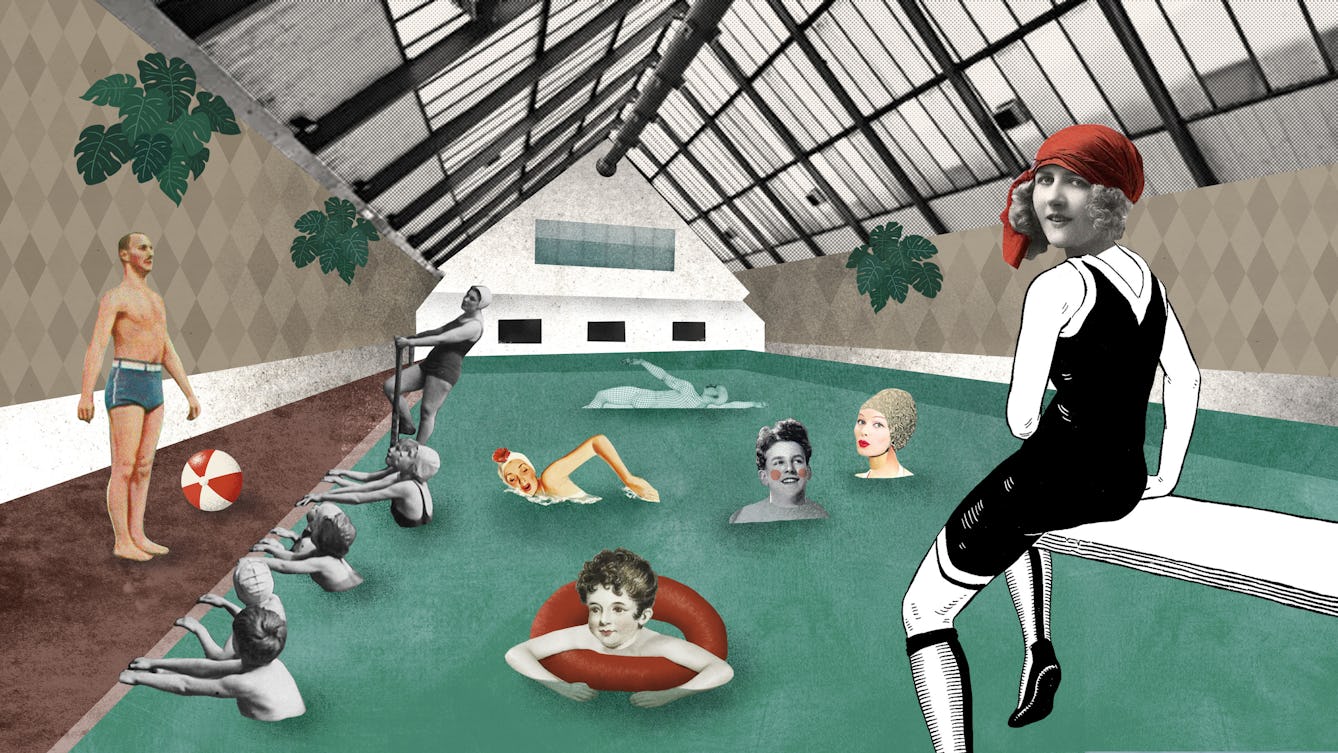
- Article
- Article
Two health centres, two ideologies
Two futuristic, light-filled buildings aimed to bring forward-looking healthcare to city dwellers. But the principles behind each were very different.

- Article
- Article
Good animals, bad humans?
Could an animal be more evolved than a human? Victorian psychologists thought that in some cases the answer could be ‘yes’.
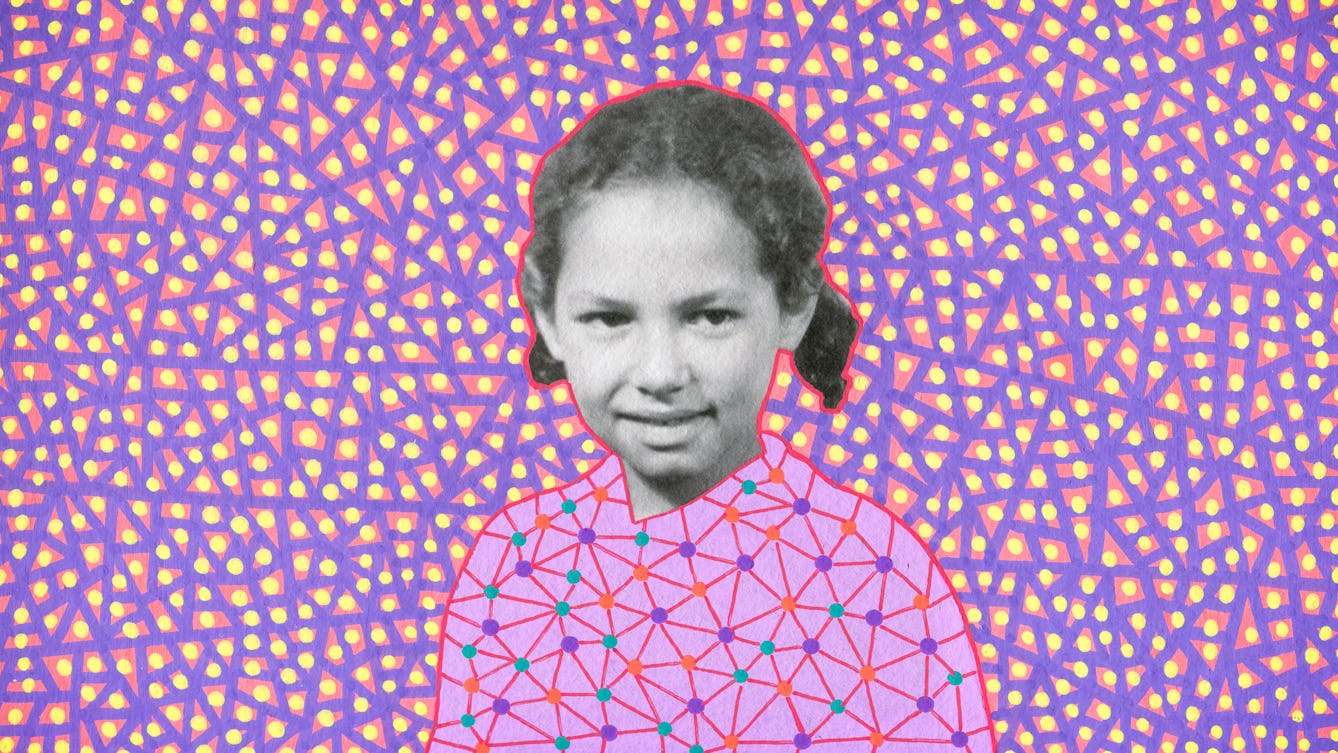
- Article
- Article
When you don’t belong, you drink
In the third part of her exploration of belonging, Tanya Perdikou unpicks the addictions that have shaped her past and uncovers the connections that make recovery possible.